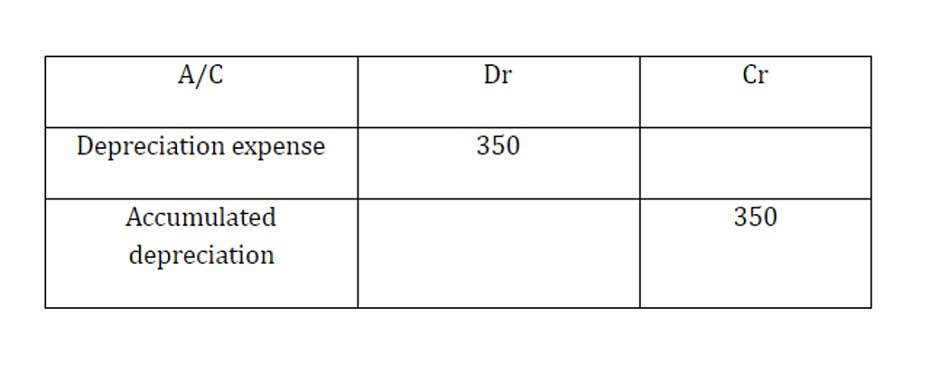
For example, you may find yourself in a dispute with a vendor or under audit by the government. Without clean financial records, you may be at risk of paying settlements or tax penalties for avoidable financial errors. You also may be able to prevent or uncover fraud, whether from customers, vendors, or employees. Whether you take on your small-business bookkeeping yourself or end up outsourcing to an expert, understanding the basics will help you better manage your finances. You’ll save time chasing receipts, protect yourself from costly errors, and gain valuable insights into your business’s potential.
How to Keep Books for a Small Business: Tips and Strategies

The worlds of small business accounting and large organization accounting might seem like they operate on the same principles — and to some extent, they do. After all, accounting, regardless of the business size, is about recording, classifying, and interpreting financial information. But as we dive deeper, we find that the scale, complexity, and objectives can vary significantly between these two realms. The debited account is the one that receives or loses value, and the credited account is the one that gives or gains value. The golden rules of accounting can help ensure that your bookkeeping is accurate and up-to-date.
Your Cash Book
Many small businesses will undergo a tax audit at some point in their life, but there’s no need to panic; this is entirely normal and is something you can prepare for. The bottom line is that maintaining your books will allow you contra asset account to forecast your finances. The more documentation you keep in your records, the better off your business and books will be. As you establish the financial side of your business, here are five best practices to keep in mind when creating a functional bookkeeping system. Bench is a popular online bookkeeping service that works with clients around the U.S., just like us. The interview process is your opportunity to dig deep and find an accountant who not only meets your current needs but can also support your future growth.
Determine how your customers will pay you

How you keep your books can make or break your business, because those accounting records are the only true representation of your profits and losses. Bookkeeping is the act of recording your daily business transactions. You’ll need to record the money going out as well as the money coming in. Pay particular attention to your petty cash and remember to reconcile your accounts at least once a month. Your general ledger is organized into different accounts in which you record different types of transactions.


She has more than five years of experience working with non-profit organizations in a finance capacity. Keep up with Michelle’s CPA career — and ultramarathoning endeavors — on LinkedIn. The best results happen when a business implements a bookkeeping strategy over a period of time or builds a long-term working relationship with a qualified bookkeeper. Waiting until crunch time to prepare documents and fix bookkeeping errors can be too late if the records are example of small business bookkeeping kept with many mistakes.
- Large organizations generally have an entire accounting department with specialized roles, including accounts payable clerks, payroll officers, tax accountants, and more.
- Otherwise, your account balances won’t match—which means you don’t have an accurate understanding of where your business actually stands financially.
- You don’t need to become a bookkeeper, but taking the time to review your debits, credits, and account balances keeps things clean and can help catch mistakes before they become problems.
- That’s why it’s important to establish a regular schedule for updating your books.
- You’ll save time chasing receipts, protect yourself from costly errors, and gain valuable insights into your business’s potential.
- The habits below can make a big difference if you put them in place early on.
Maintaining Cash Flow & Improved Financial Management
- The non-operating items section discloses revenue and expense information about activities that are not tied directly to your company’s regular operations.
- If a general ledger is like a book, a chart of accounts is like a book’s table of contents—it’s a list of all the accounts your business uses to record transactions.
- Save yourself the headache and set up separate bank accounts for your personal and business expenses.
- There are many rules and regulations (not to mention exceptions to the rules) that you as a small business owner are supposed to know.
- When you get back to your car, office, or couch, you’ll find that the data on that file has been automatically extracted, parsed, categorized, matched, and stored for future recall.
- Discover what you need to know about doing the accounting and bookkeeping for your small business.
If you’re thinking of creating and storing your invoices, you may want to use an accounting software, ideally one that allows you to keep invoices chronologically. If you sell to customers on credit, you’ll need to send out invoices at a later date after providing your goods or services. And, determine invoice payment terms, such as forms of acceptable payment, when payments are due, where to send the payment, and Accounting for Marketing Agencies late fees. The thought of recording all of your business transactions may seem daunting.